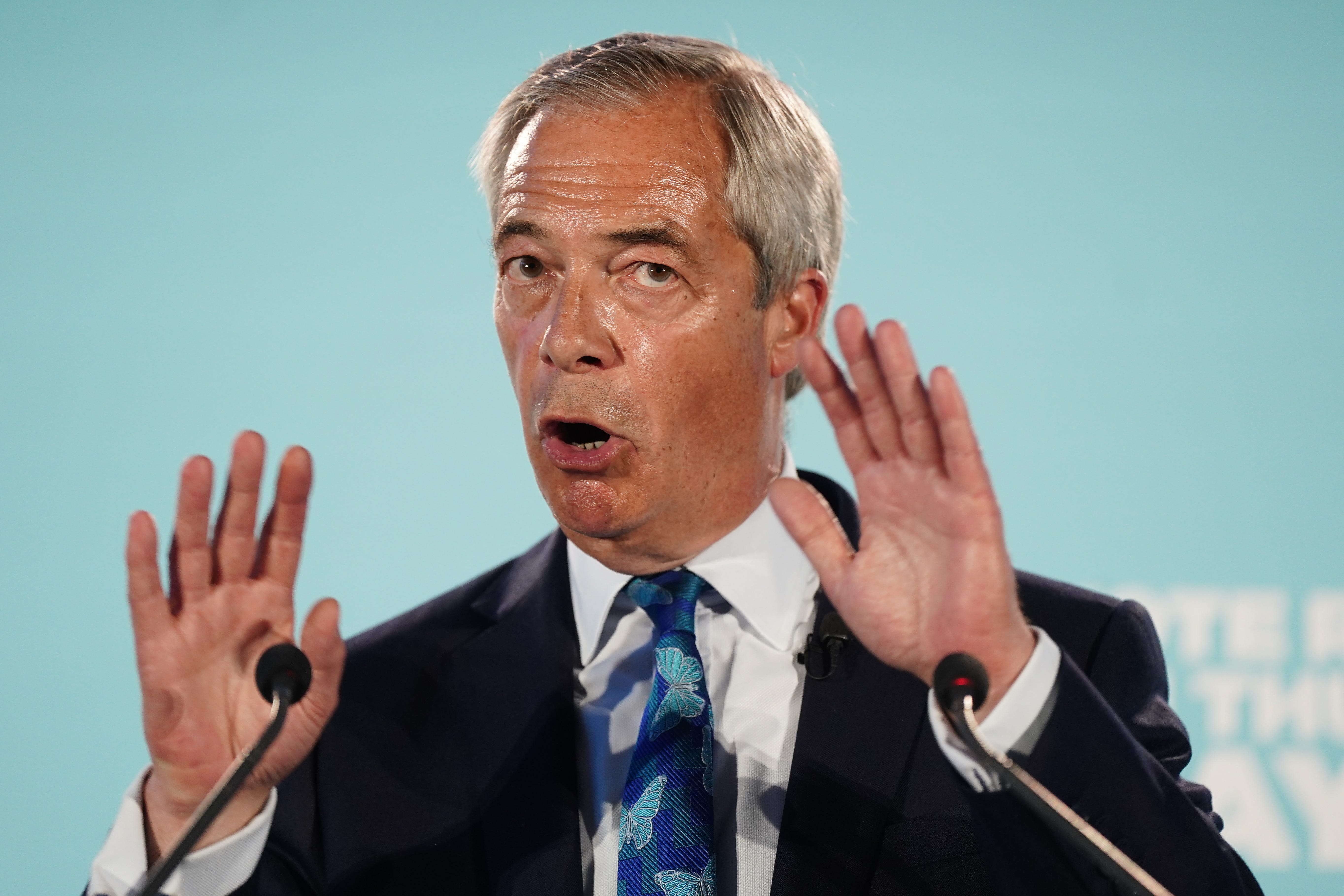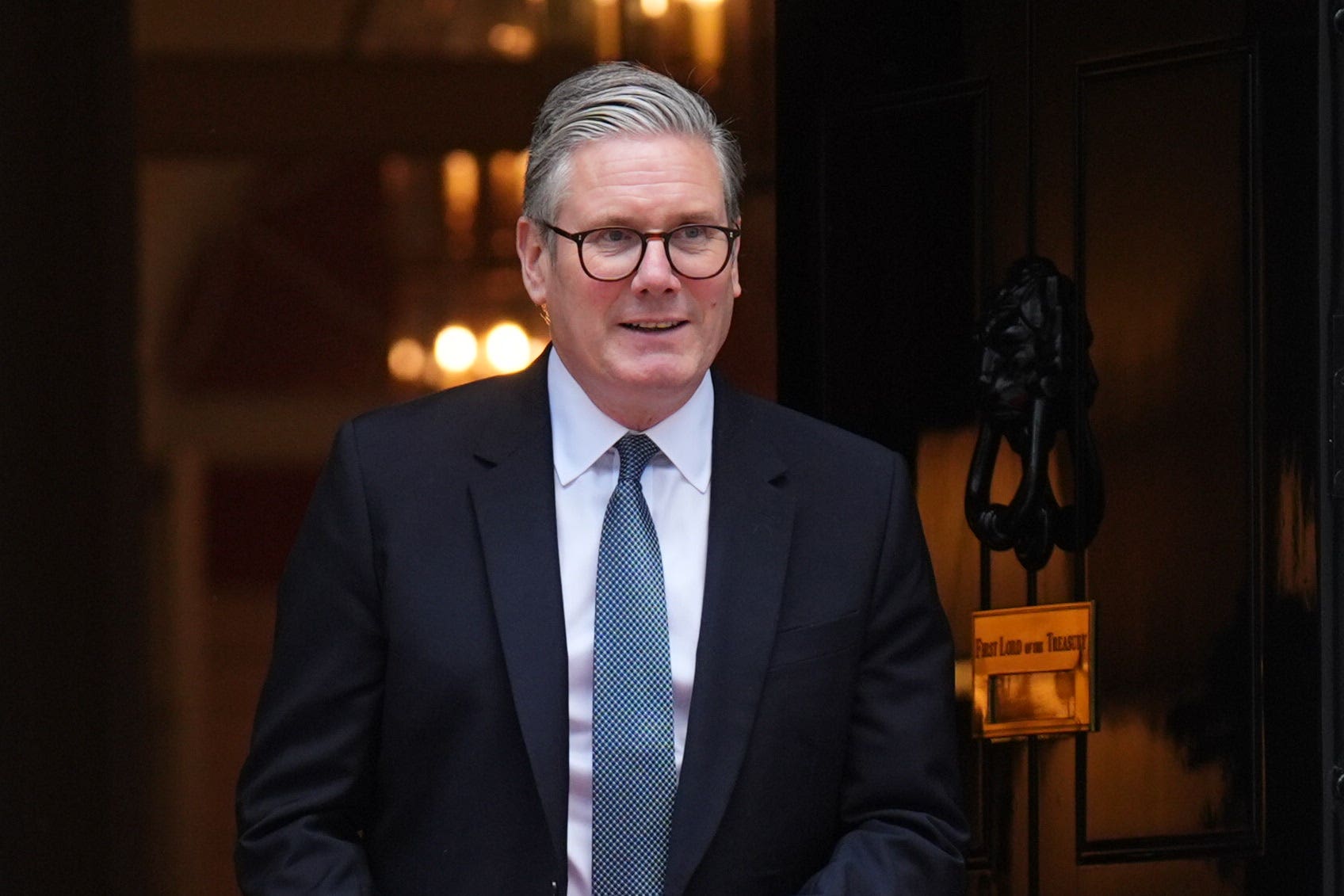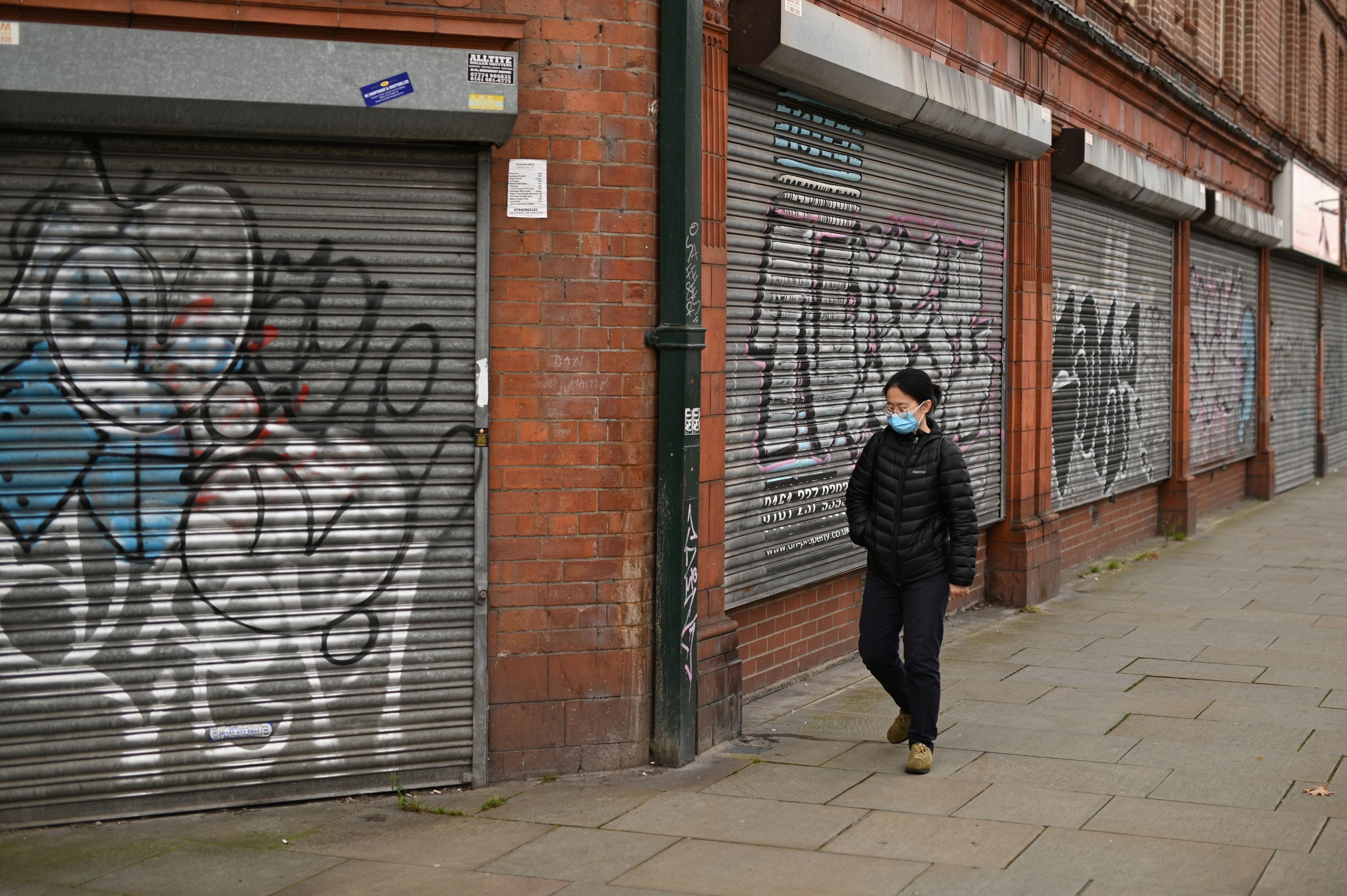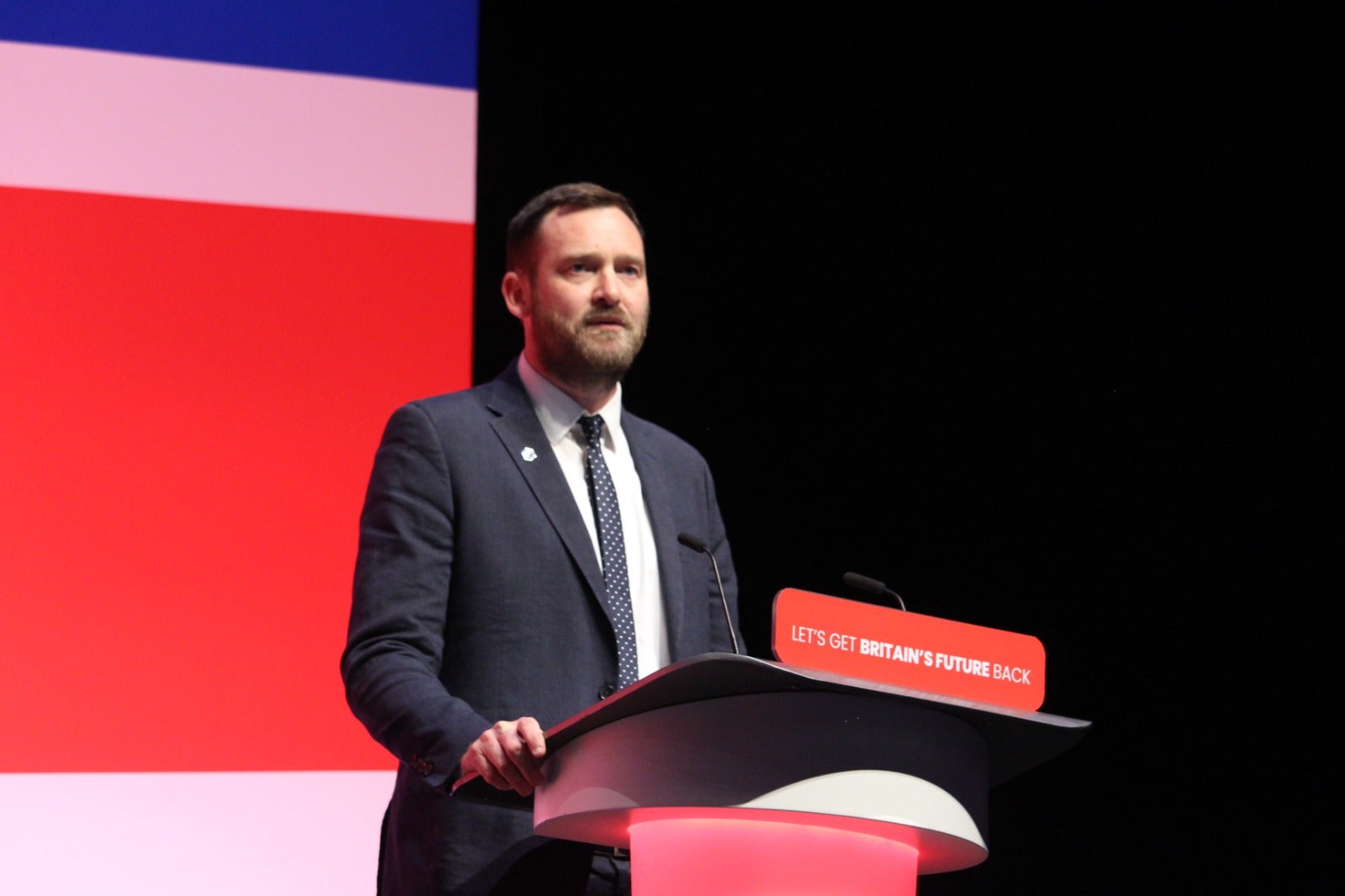
The most common word the public associate with Britain is “declining”, a damning new poll has revealed.
A study by a group of Labour backers reveals that seven in 10 people feel ignored by politicians amid the erosion of public services and the hollowing out of local communities.
And, in the landmark report, the influential group is calling on Sir Keir Starmer to take the fight to Reform UK with a radical programme to rebuild local communities – not by seeking to ape Nigel Farage on immigration.

Labour’s sister Co-operative Party and the campaign group Hope Not Hate, backed by union Unison, have co-published a report laying bare the despair among voters after more than a decade of communities being eroded and public services being underfunded.
Amid growing disillusionment among voters, the report warns that Britain must choose either “a path of division and extremity, or a path of community power, hope and solidarity”.
When asked by pollsters Focaldata to describe the UK today, four in 10 voters said it is “declining”, while a quarter said it is “weak” and another quarter described it as “directionless”. And among those who say they feel ignored by politicians, the majority are planning to vote for Mr Farage’s insurgent right-wing party.
As well as reporting a sense of national decline, almost half of those who took part in the poll said that their local area had been declining, with the report warning that a fall in the number of community organisations is eroding the country’s sense of shared identity and trust.

The report calls on the PM to immediately develop and publish a strategy to support communities, including through further devolution and greater support for community ownership.
The general secretary of the Co-op Party, which has 43 MPs in Westminster and is represented by cabinet ministers including business secretary Jonathan Reynolds, said it is “clear that the path to rebuilding trust in politics runs through our communities”.
Joe Fortune, a quietly influential figure in Labour circles, told The Independent: “People want the power to improve the place they call home, but politics needs to deliver that power in a serious way.”
Mr Fortune said rebuilding communities would act as “an antidote to the trust crisis” in politics.

Nick Lowles, founder and chief executive of the Hope Not Hate campaign group, said investing in communities is “the only way we can fight the rise of Reform UK”.
“After over a decade of austerity, communities in Britain feel isolated. In times of economic hardship, it is harder to come together, forge friendships and tackle local issues. People feel ignored by the politicians who are meant to represent them,” he added.
And Christina McAnea, general secretary of Unison, Britain’s biggest trade union, said: “Public services are the beating heart of communities, and if they’re suffering, people are clearly going to feel abandoned and ignored.
“Residents need to feel connected again. That means proper investment in public services to rebuild neighbourhoods and, in turn, restore trust in politicians at both national and local levels.”

Mr Farage and Reform swept to victory in hundreds of council seats and a series of mayoral contests in this month’s local elections. The party has surged in the polls as disillusioned voters turn their backs on Labour and the Conservatives.
Hilary Armstrong, chair of the Independent Commission on Neighbourhoods, said that the only way to quell the “pull of political extremism” is to reverse the decline of local neighbourhoods.
“Up and down the country, neighbourhoods have been battered by decades of deindustrialisation and a decade of austerity. From illegal drugs to vandalism, litter to antisocial behaviour, the everyday experience in communities has markedly declined,” Baroness Armstrong added.







